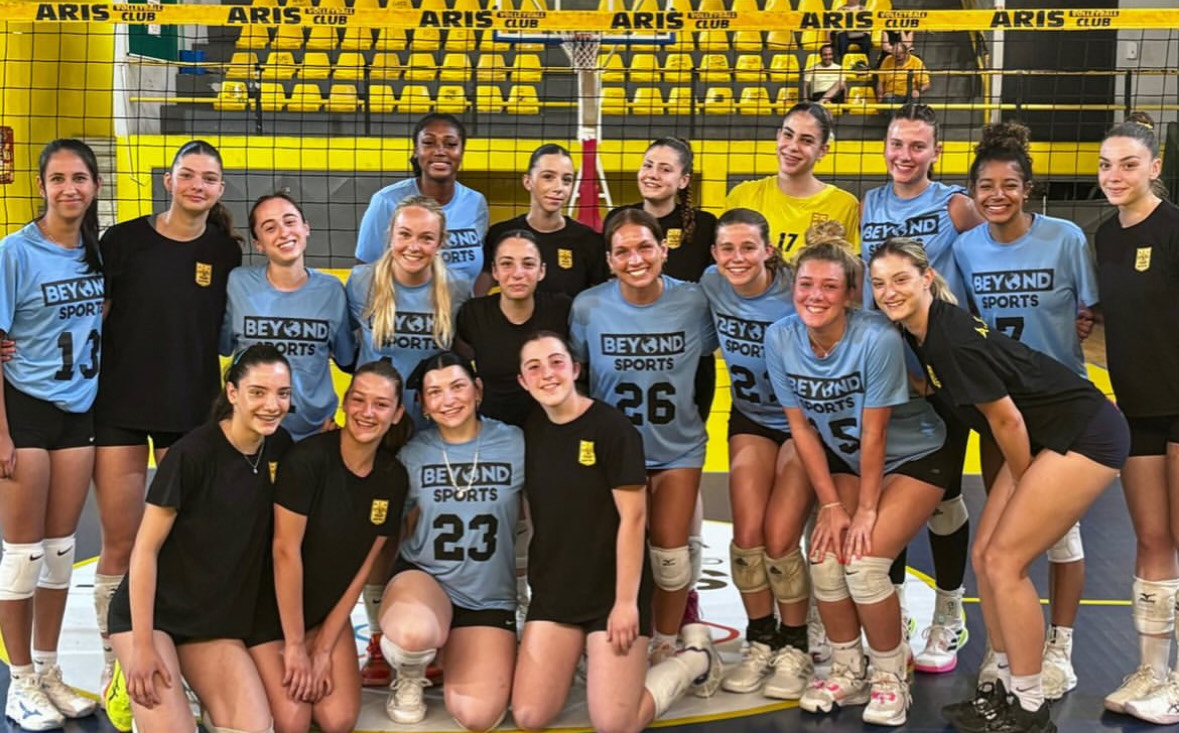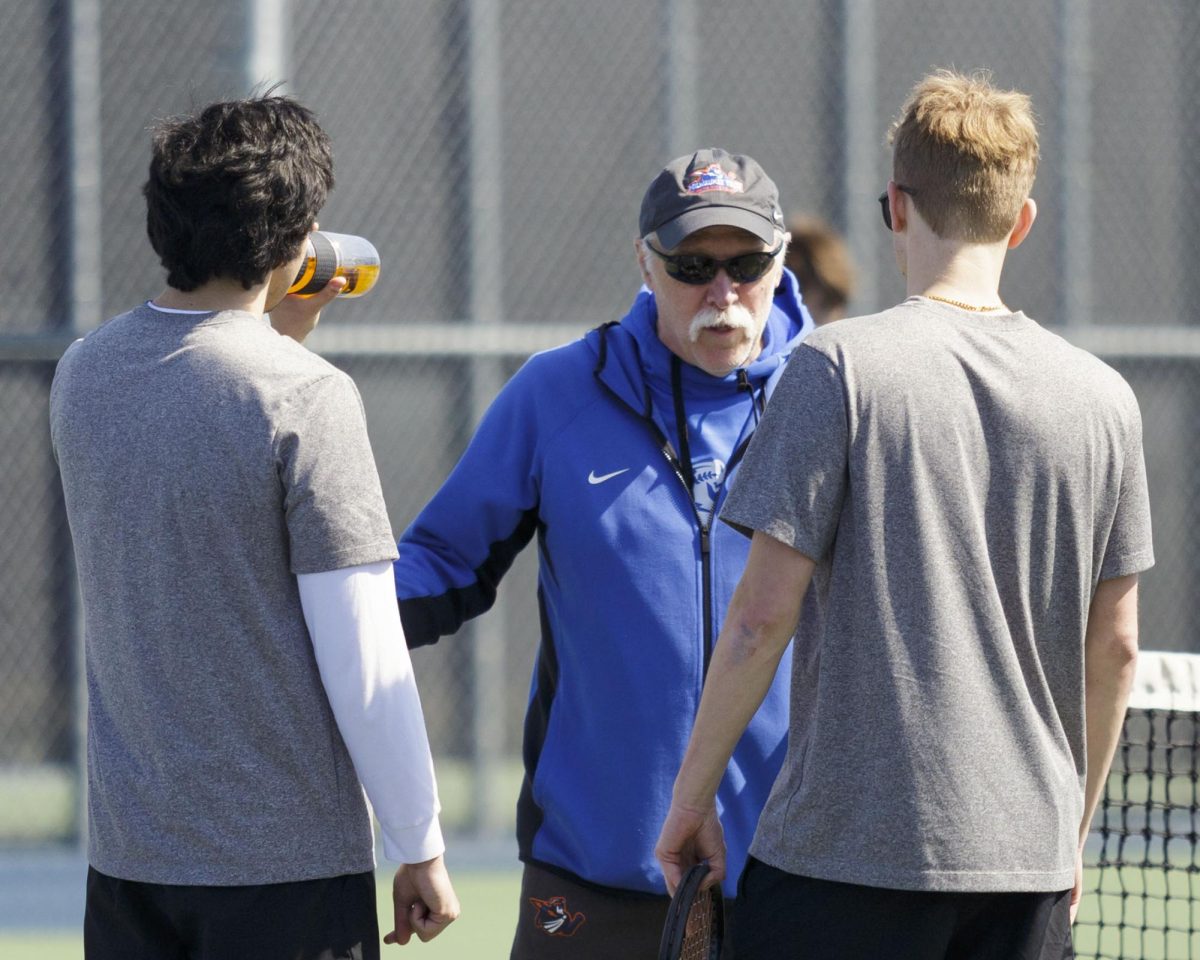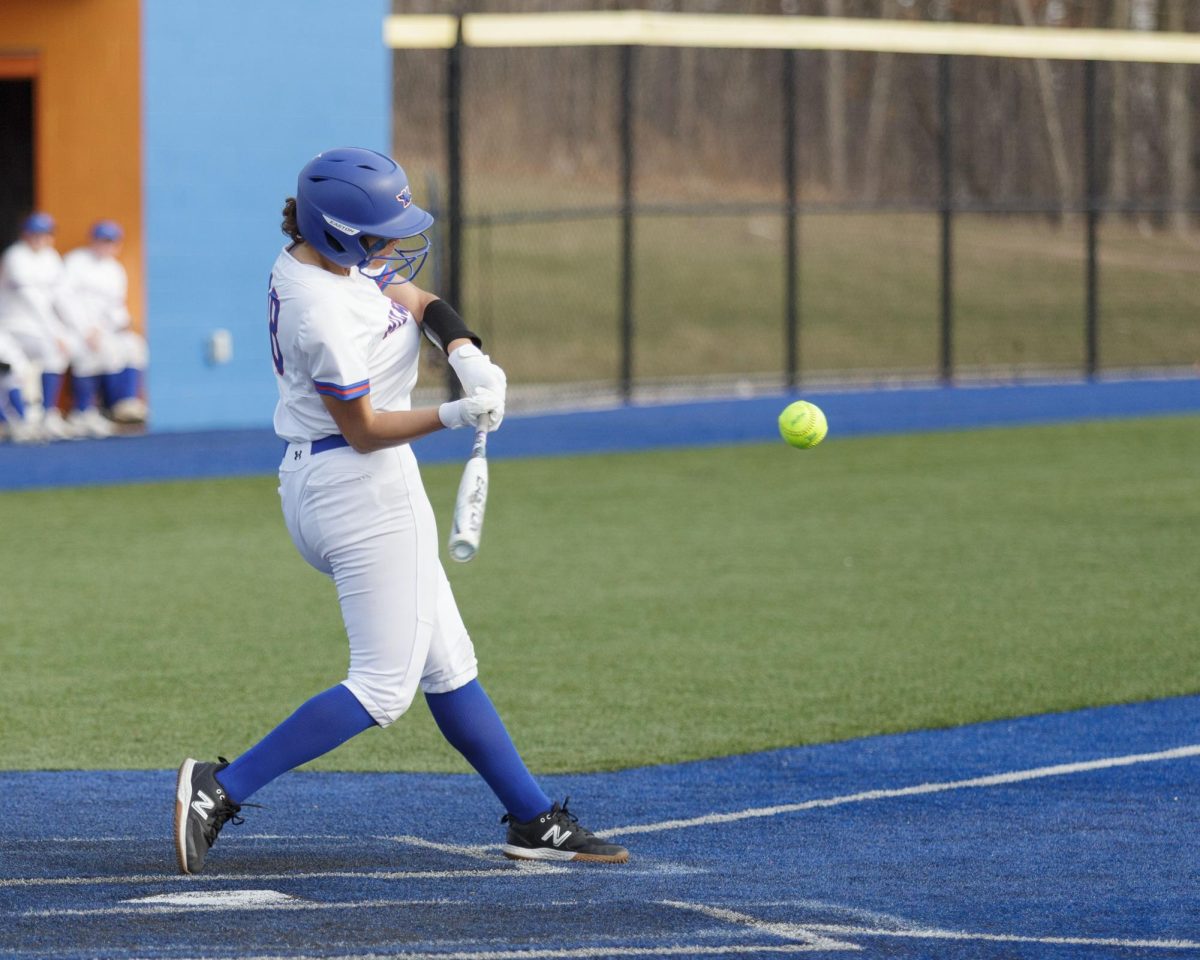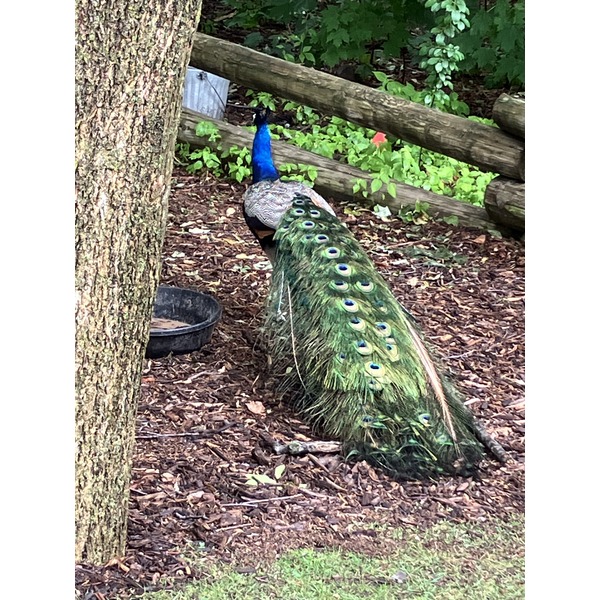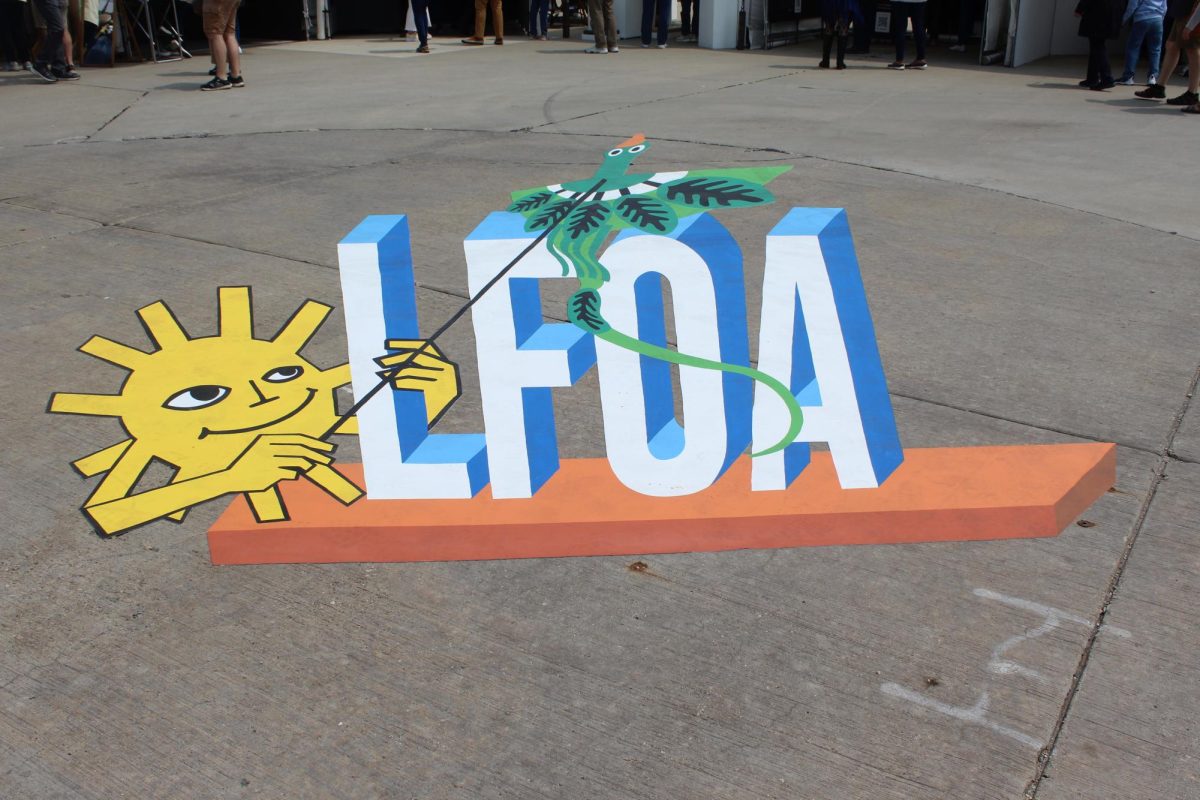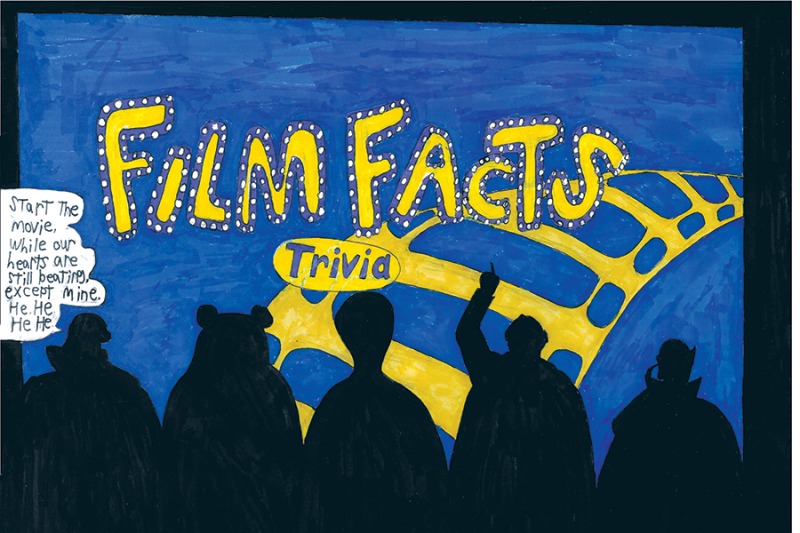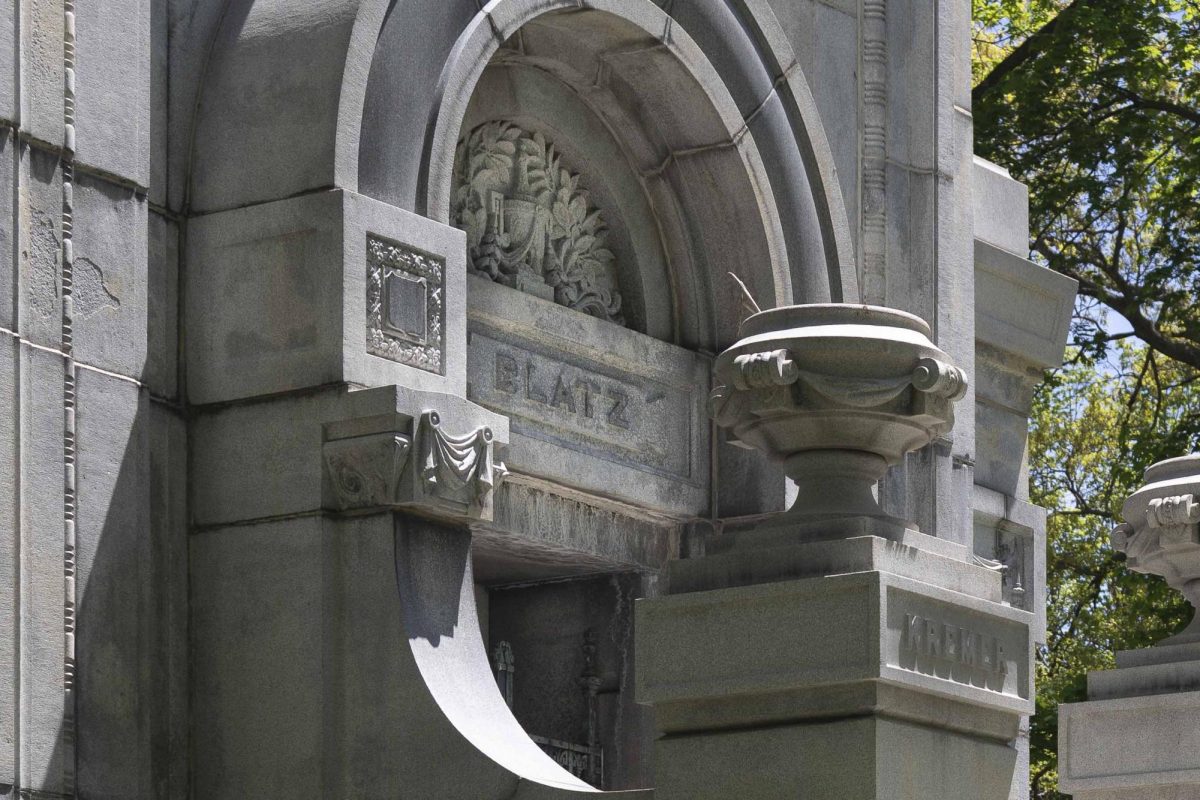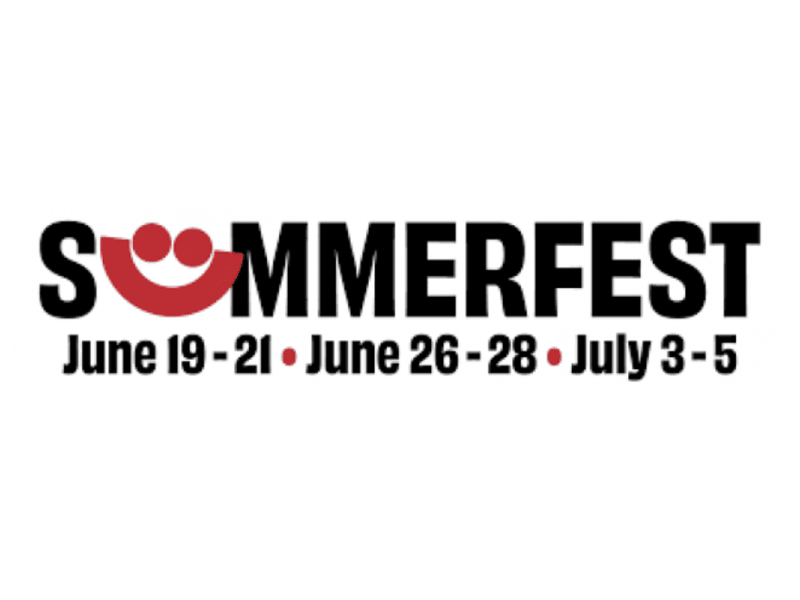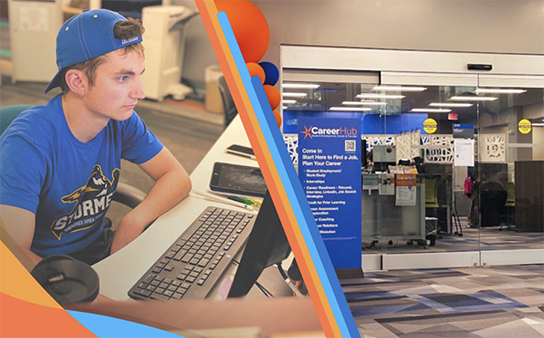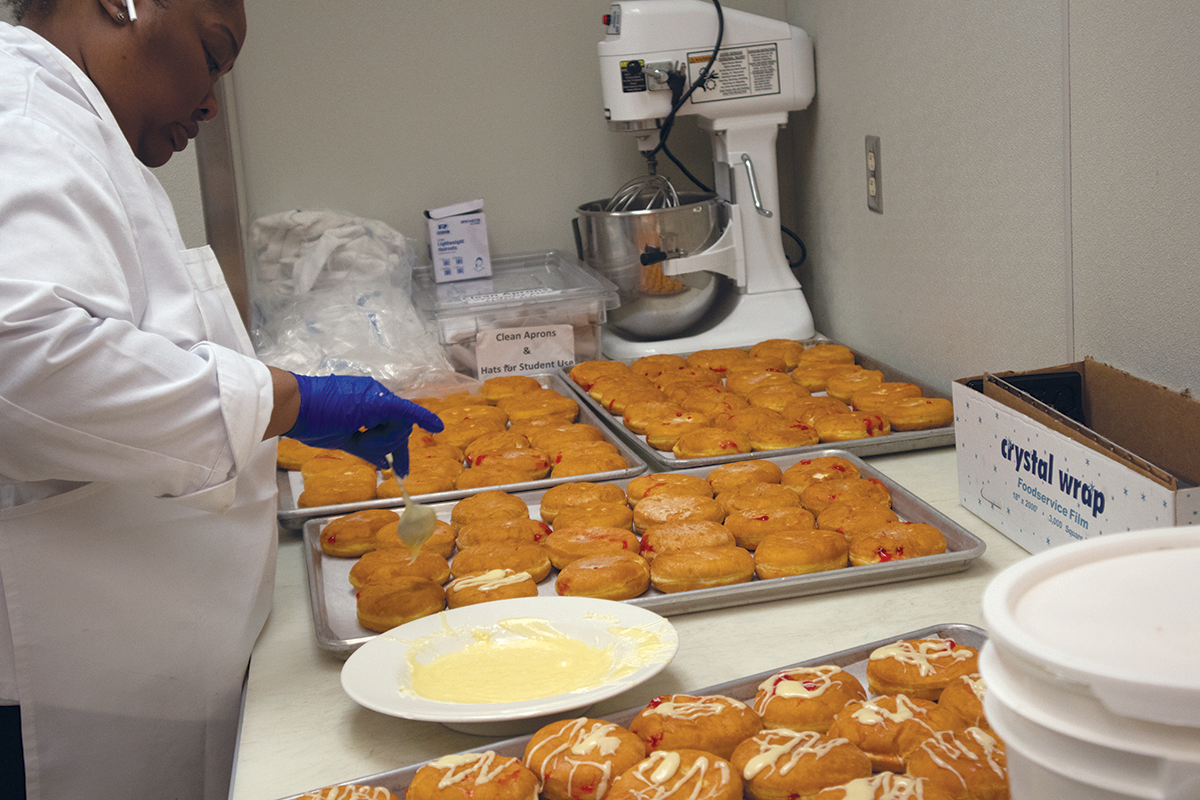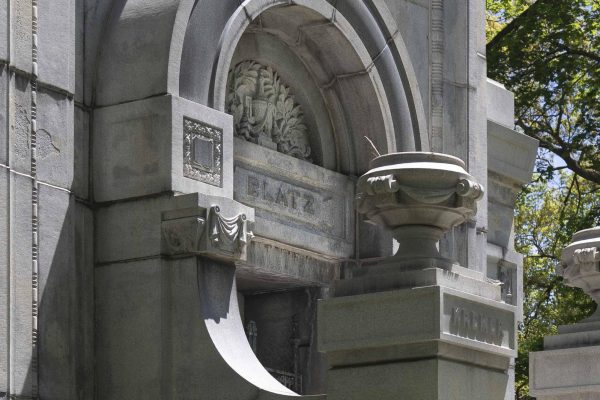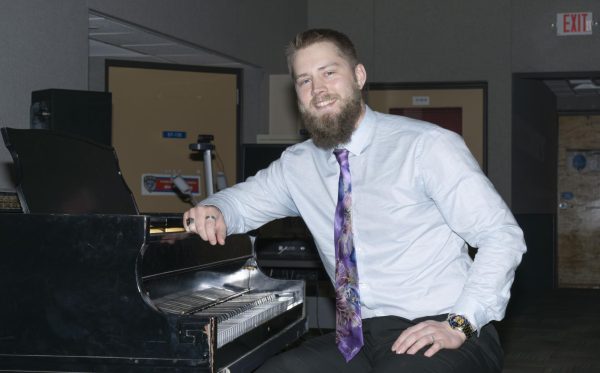Seed your way to spring
A new kind of library opened on April 9 at the Mequon campus. The MATC Seed Library was introduced to approximately 135 students, faculty, staff and the community on Seed Day. According to campus and interlibrary loan librarian, Kathy Blume, “Since the MATC Seed Library opened on April 9, we have had approximately 80 campus and community members visit the Mequon Campus Library to pick up seeds, which are free and available during the library’s regular business hours. In the first three weeks of the Seed Library, we have handed out over 380 packs of seeds. And the responses from those who have visited our seed lending library have been overwhelmingly positive.”
Blume said, “The Mequon Campus Library and Horticulture program have teamed up to create the MATC Seed Library. Seed libraries are a growing (pun intended) trend in public libraries, but to the best of my knowledge, MATC’s Seed Library is the only seed library in an academic library in Wisconsin.” Blume continued, “It had been casually discussed for years and thankfully librarian Barbara Bythell and Horticulture instructor Laurie Weiss got together to discuss the concept, they took the initiative, and got it off the ground. Their excitement and passion that surrounded the idea were palpable. Barbara and Laurie’s energy, passion, hard work and commitment to this seed library is what makes this project such a success. And they keep coming up with new and exciting ideas, such as Barbara’s suggestion to have Seed Day.”
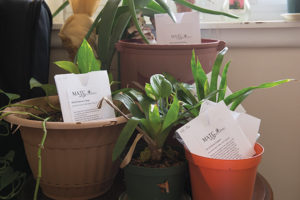
MATC Seed Library opened April 9 at the Mequon campus and offers seeds from four different sources.
“The concept of a seed library is certainly not something the MATC Library can take credit for. Libraries as distributors of seeds is a movement that has been taking place for almost a decade and is unquestionably increasing in popularity. The premise of a seed library is explained well by our seed donor, Seed Savers Exchange, which says seed sharing helps ‘conserve and promote America’s culturally diverse but endangered garden and food crop heritage for future generations by collecting, growing, and sharing heirloom seeds and plants. Together, we can ensure these varieties are around for generations to come.’ We are supporting this mission by sharing seeds and hopefully keeping certain varieties of seeds in circulation which perhaps would threaten to become extinct otherwise. There are hundreds of seed libraries throughout the United States, with the overwhelming majority of them existing in public libraries,” Blume said.
Sam Rosenthal, Horticulture program, said, “The reason I got involved with the seed library project is because it does something so simple, but so necessary. It gives us a tangible link to our past and the sense that we have a say in our future. Most of the plants we have are heirlooms, meaning they have been pure bred for generations. Anyone who gets seed from us is holding a copy of the same plant that someone else had potentially thousands of years ago. People spread apart by time but connected by the same smells, tastes and colors,” he said. “One reason our generous donors do what they do is because they want to see all these different varieties of vegetables and flowers and fruits continue to exist in the future. By lending and recollecting seed we are ensuring the genetics of these plants are preserved for future generations. I was so lucky to have worked with such hard-working, dedicated people and I encourage anyone who is interested in being a part of this project to stop in the Mequon campus library anytime.”
The seeds were donated by four different donors. Blume explained, “The Hudson Valley Seed Company, has donated seeds to us through their Seed Donation program. Seed Savers Exchange, which is a nonprofit organization whose mission it is to preserve heirloom seeds, has contributed seeds for our library. The Goldman Lab/Open Source Seed Initiative (OSSI) at the University of Wisconsin Horticulture Department, has provided us with seed donations in addition to technical support. And locally, the Mequon Nature Preserve has also generously supplied seeds for us to share with our users. We certainly appreciate the generosity of our seed donors and our seed library would not exist without them.”
The MATC Seed Library is open not only to MATC students, faculty and staff, but also open to the public, according to Blume.
The Seed Library will be open through the end of the spring semester. Blume said, “Our intent is to keep the Seed Library going and growing indefinitely. Ideally, those who ‘check out’ seeds from us in the spring will have seeds from those same plants in the fall. And we are inviting those ‘seed stewards’ to return a sampling of those seeds to us in the fall, so that we can keep the MATC Seed Library a bustling success.”
For more information on the MATC Seed Library and a list of current seeds, check out https://guides.matc.ed/seedlibrary,
which was created by Bythell.
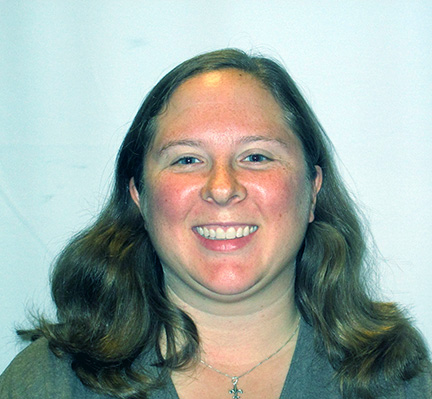
My name is Kirsten Schmitt. I joined the MATC Times because I was on my high school paper and really enjoyed the experience. I wanted to enhance my experience...






